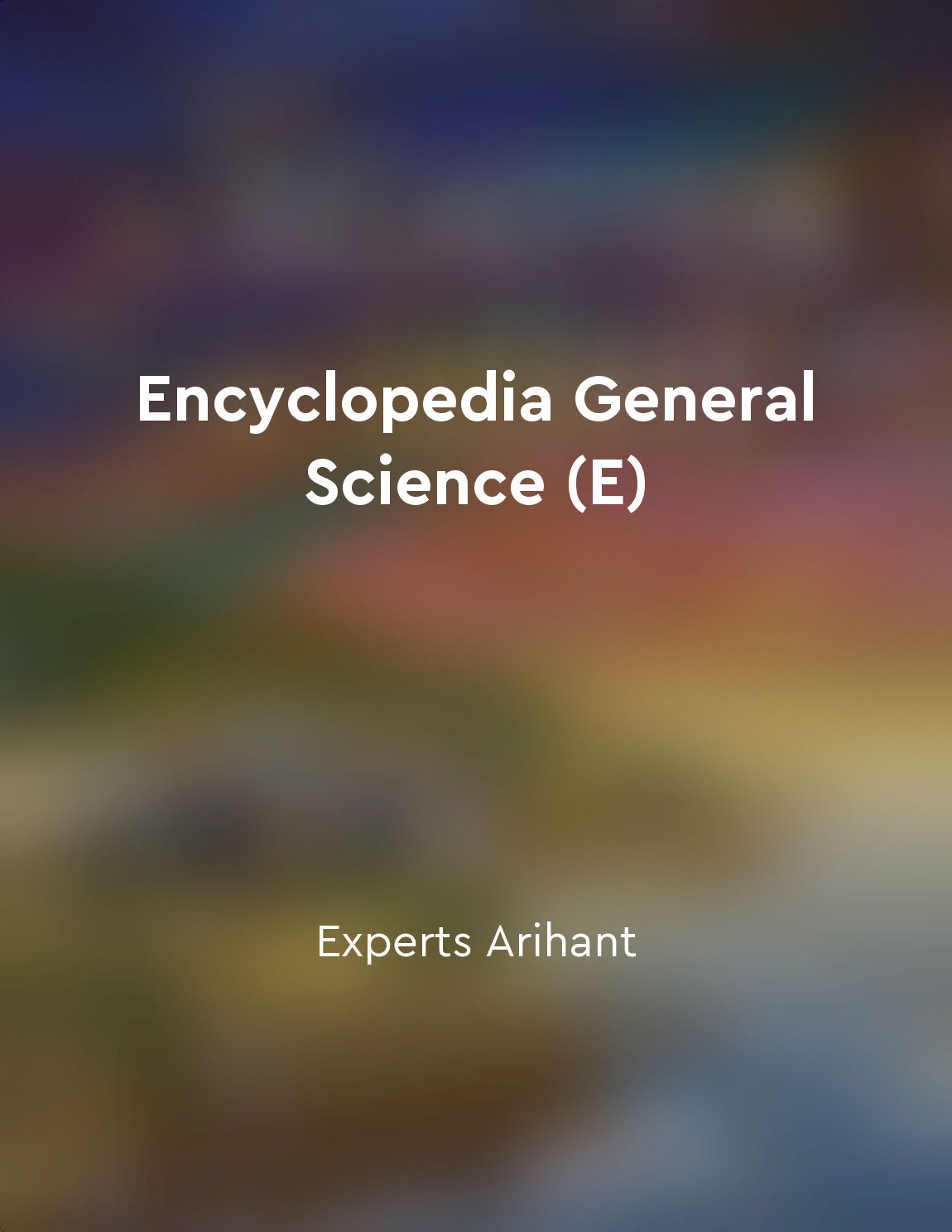Neptune is blue from "summary" of Space Encyclopedia by David A. Aguilar,Christine Pulliam,Patricia Daniels
Neptune, the eighth and farthest planet from the sun in our solar system, is a stunning shade of blue. But why is Neptune blue? The answer lies in its atmosphere, which is composed mainly of hydrogen, helium, and methane. Methane in the atmosphere of Neptune absorbs red light, reflecting blue light back into space. This process is known as Rayleigh scattering, the same phenomenon that makes Earth's sky appear blue. The presence of methane also gives Neptune its vivid blue color. Additionally, the high levels...Similar Posts
Space is a vacuum with no air resistance
In space, there is no air. This may seem like a simple statement, but it has important implications for spaceflight. On Earth, ...
The study of exoplanets may provide insights into our own solar system
Studying exoplanets, or planets outside our solar system, can offer valuable insights into the workings of our own solar system...

Scientific research plays a crucial role in advancing our understanding of the world
Scientific research is an essential component in the quest to deepen our comprehension of the world around us. This process of ...
Conditions on exoplanets vary widely
The universe is a vast expanse filled with countless exoplanets, each with its own unique set of conditions. These conditions c...
Earth's rotation can be used to launch rockets more efficiently
One of the key factors that can influence the efficiency of launching rockets into space is the Earth's rotation. The Earth rot...
Some exoplanets resemble Earth
One fascinating aspect of exoplanet research is the discovery that some of these distant worlds bear a striking resemblance to ...
Alien solar systems are vast and mysterious
The universe is vast, filled with countless stars and planets, many of which exist in alien solar systems. These distant solar ...
